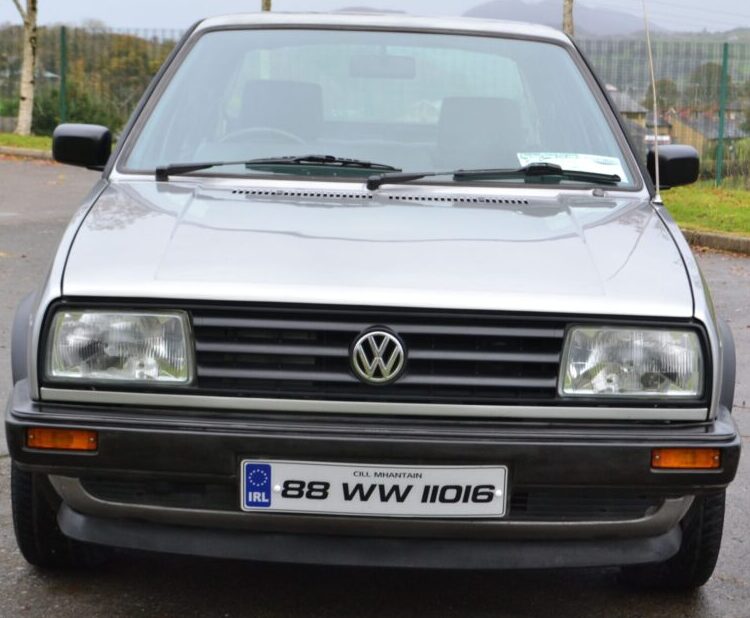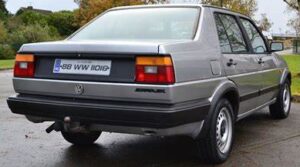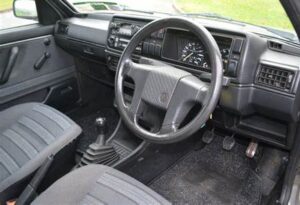Volkswagen Jetta: Which years are the most reliable?
1. Most reliable years for the Volkswagen Jetta
2. Which Volkswagen Jetta years are the least reliable?
3. What are the most common issues with a Volkswagen Jetta?
4. Is the Volkswagen Jetta worth it?
Most reliable years for the Volkswagen Jetta
Which years of used Volkswagen Jettas are most reliable? When considering the most reliable years for the Volkswagen Jetta, several factors come into play. Generally, models from the late 2000s to early 2010s are often regarded as the most reliable. Specifically, Jetta models from around 2010 to 2014 tend to exhibit better reliability due to improvements in manufacturing processes, engineering, and quality control during that period. These models often have fewer reported issues related to major components such as engines, transmissions, and electrical systems. Additionally, these years may benefit from matured technology and design enhancements that contribute to overall durability and longevity.
Which Volkswagen Jetta years are the least reliable?
Identifying the least reliable Volkswagen Jetta years requires consideration of historical data, owner reports, and expert evaluations. Generally, models from the early 2000s, particularly those produced between 2000 and 2005, are often cited as less reliable compared to other years. During this period, Jetta models may have experienced issues related to engine reliability, including concerns with timing belts, oil consumption, and premature wear of internal components. Additionally, there were reported problems with electrical systems, such as faulty wiring harnesses, malfunctioning sensors, and issues with electronic control modules. Interior quality and component durability were also points of criticism in some of these models. It’s important to note that individual experiences may vary, and not all vehicles from this timeframe will encounter reliability issues. However, prospective buyers should exercise caution and conduct thorough inspections or seek models from more reliable production years to mitigate potential reliability concerns. Regular maintenance and prompt addressing of any emerging issues can help improve the reliability and longevity of Volkswagen Jetta models from less favorable years.
What are the most common issues with a Volkswagen Jetta?
Electrical Problems:
- Malfunctioning sensors leading to warning lights on the dashboard.
- Faulty wiring harnesses causing electrical shorts or intermittent connectivity issues.
- Issues with electronic control modules affecting various vehicle systems.
Engine Performance:
- Turbocharger problems, such as wastegate failure or turbo lag.
- Concerns with fuel injection systems causing rough idling or poor fuel efficiency.
- Timing belt or chain failures leading to engine damage or failure.
Transmission Issues:
- Transmission slipping or hesitation, especially in automatic transmission models.
- Premature wear of clutch components in manual transmission versions.
Interior Component Reliability:
- Wear and tear of interior materials, including dashboard plastics and upholstery.
- Issues with power window regulators leading to window failure or misalignment.
Suspension and Steering:
- Premature wear of suspension components, resulting in noise or poor ride quality.
- Steering rack or power steering pump issues causing steering wheel vibration or stiffness.
Brake System Problems:
- Premature wear of brake pads and rotors, requiring frequent replacement.
- Issues with ABS (Anti-lock Braking System) sensors leading to braking inconsistencies.
Is the Volkswagen Jetta worth it?
Are you already a proud owner of a Volkswagen Jetta? If so, check out our selection of parts for this car at the following link:
https://octoclassic.com/product-category/volkswagen/jetta
Photos sources: treasuredcars.com











